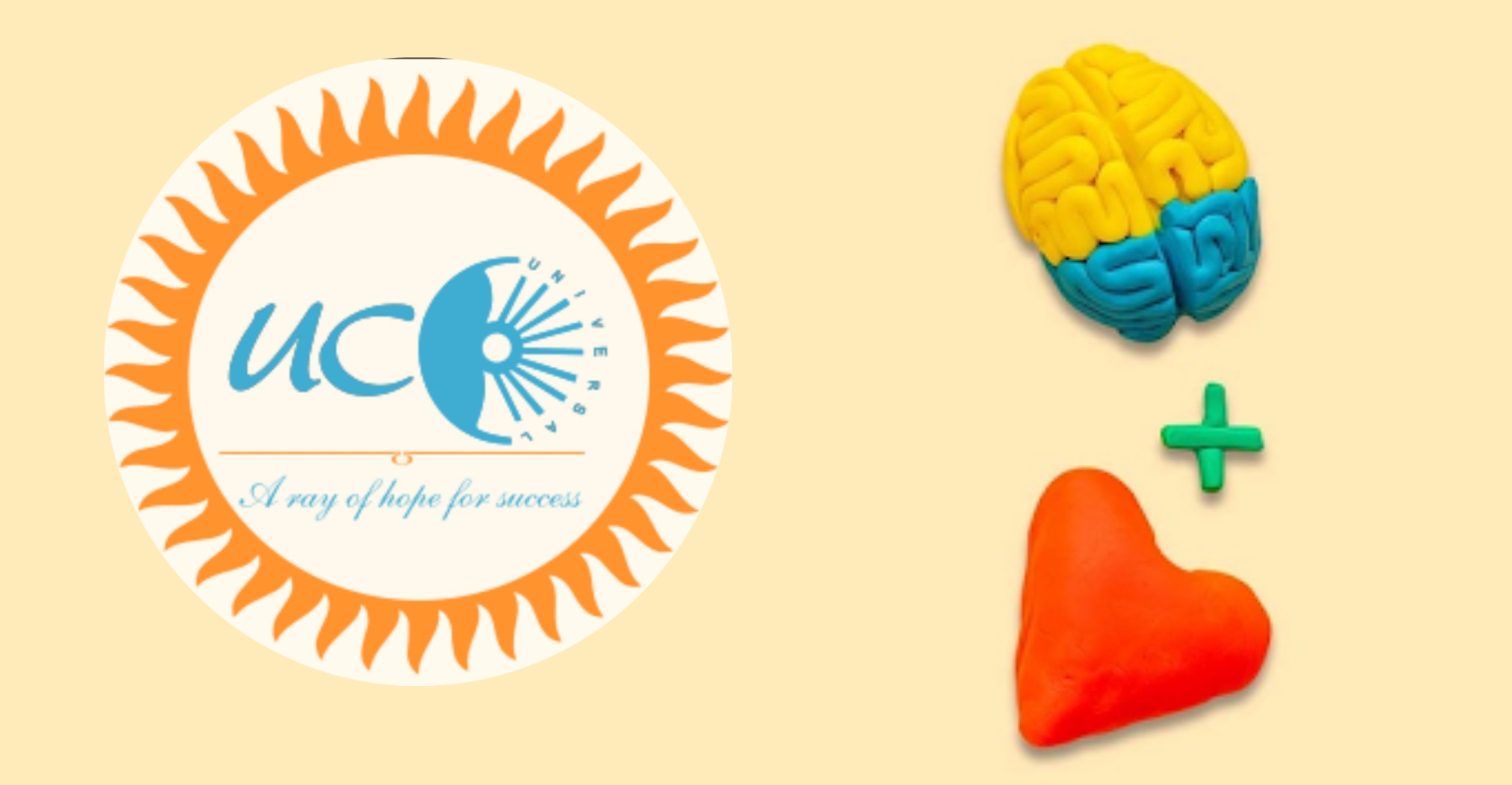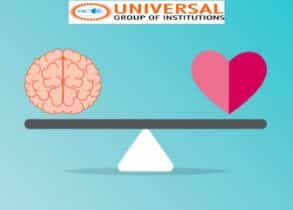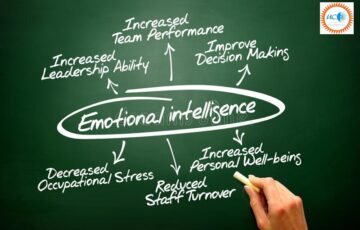Emotional Intelligence
Q. Emotional Intelligence is part nature and part nurture. Explaining the statement, discuss how the emotional intelligence of civil servants can be enhanced.
Intelligence is partly learned and partly genetic. There are many features that make up an intelligent individual. There are size of brain, its processing capacity, interests and aptitude of the person, upbringing environment like teachers, parents, friends, etc. Scientific evidence suggests that there is a genetic component to emotional intelligence. However, psychological and developmental research and the concept of ‘plasticity of the brain’ indicate that ‘nurture’ plays a role as well.
The EI level that one is born with is firm, but not rigid. It is influenced by early childhood experiences and can be learned through life experience or maturity. The individuals who invest the time to seriously work on improving in emotional intelligence can find success at work and in life over time. Individuals must be ready for change in order for change to occur. Improvement in emotional intelligence behavior requires changing prior learned behaviors, which must be reconditioned internally. Sufficient practice must occur so that the prior habits are removed.
Ways in which EI Nurturing may be done:
- Developing Interpersonal skills, working in team
- Developing people-oriented characteristics with a high sensitivity to diversity
- Evolving a value system through religion, ethics of an organization etc.
- Gaining an understanding of cultural sensitivities and behavioural norms
Enhancing EI among civil servants
- Training through practice and feedback- civil servants can learn from their mistakes using real life examples and reflection opportunities.
- Support: emotional competence change can be slow, civil servants should be encouraged to face failures as they occur and resist returning to old habits. Coaching, encouragement and peer support can assist with lasting change and positive development of EI competencies
- Experiential learning: Emotional and behavioral changes require life activities which are primarily outside the traditional classrooms and is commonly referred to as experiential learning.
- Learning transfer: it refers to how people use what they learn in training for performance improvement. Learning transfer seeks to reinforce and apply the information learned on the job immediately.
- Evaluation: an evaluation component shall be attached to the training program so that civil servants can make informed decisions about continuous improvement and sustainment of training efforts.
- Engage in self-modeling: By repeatedly observing the best parts of past performance and using them as an inspiration and motivation to perform better in the future.






